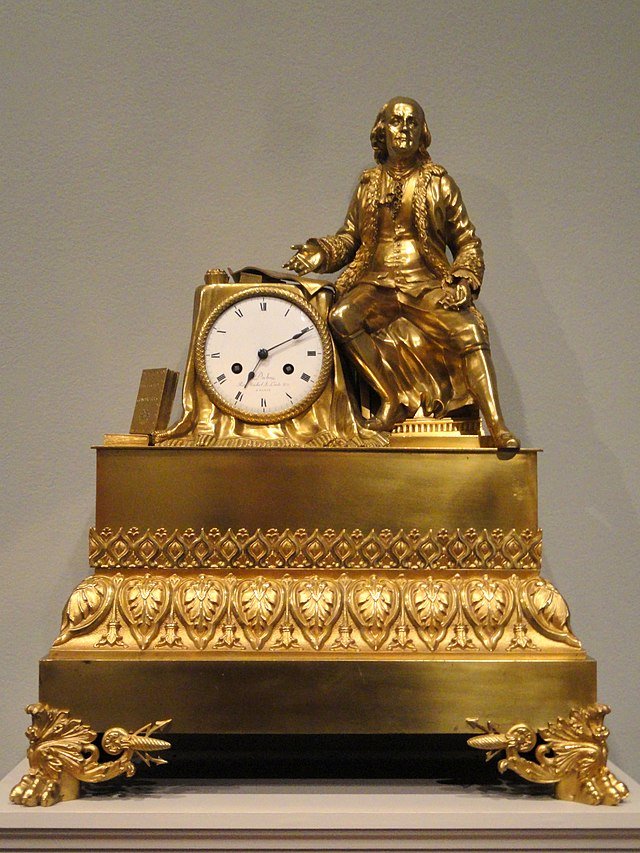Passenger to Frankfurt is not exactly Christie’s most beloved novel. It’s a thriller, rather than a straight-up detective mystery, for one thing. In my recent quest to read all her novels, I discovered that she peppered a fair few thrillers in with the mysteries. She was never as good in this genre, but I can appreciate her need to change things up to keep her writing and imagination fresh.
That’s not the only problem with PTF, though. It came out in 1970, toward the end of her life and career, and it’s beyond question that her powers were waning at that point. (However, in all fairness, I think her silliest thriller of all was The Big Four, which was published in 1927, right as she was hitting her stride.) Christie fans know full well that she was of a conservative turn of mind, very irritable about high taxes, and generally unhappy at the drift of things, socially and culturally. That really shows through in PTF. But this too should be qualified: a novel like Third Girl reckons with what has become of “young people these days” and takes them at face value. It’s not all invective.
You can read a very thorough description of what passes for PTF’s plot on Wikipedia. The opening sequence in which the protagonist trades places with someone who is convinced that she will be killed if she takes her flight is one of the best in Christie’s work—it’s a shame the rest of the book didn’t follow through on the initial premise.
But here’s where it gets interesting. For one thing, the titular city is Frankfurt. An obvious choice for an international flight hub, but I can’t help but wonder if more lies behind it: namely, the so-called Frankfurt school, which unleashed Critical Theory in all its corrosive glory on the world. That would be utterly speculative on my part—except that in this book Christie actually mentions by name Herbert Marcuse (the leading proponent of the Frankfurt school)! Who knew that she was keeping up with, at that time, arcane philosophical movements? …
Read more


